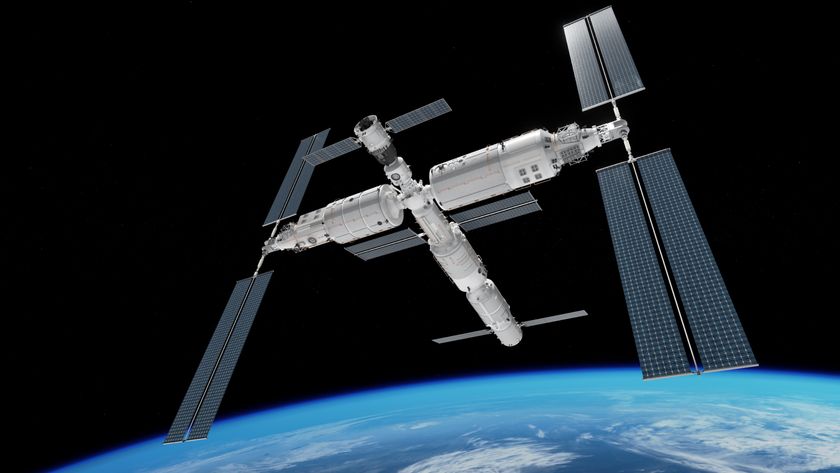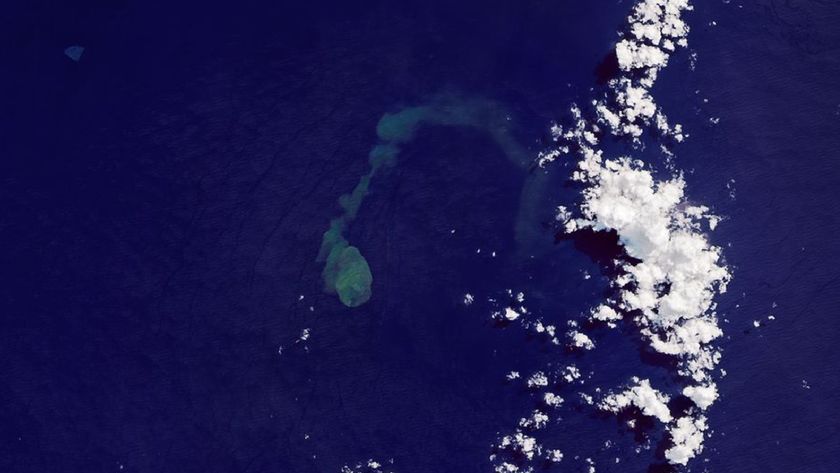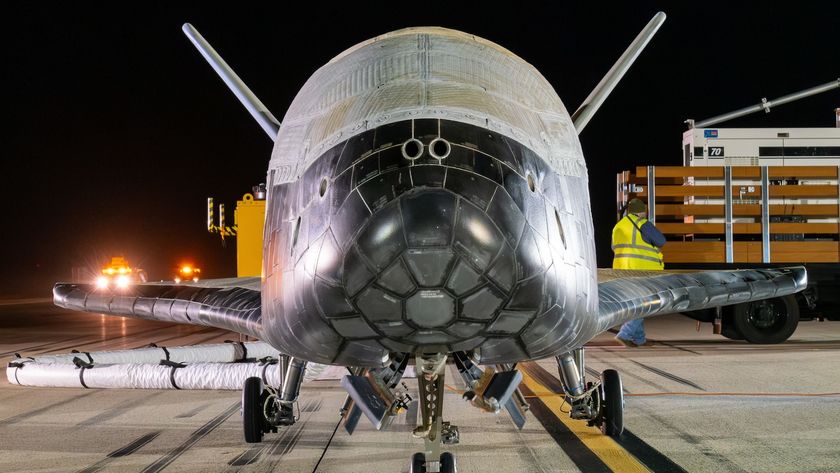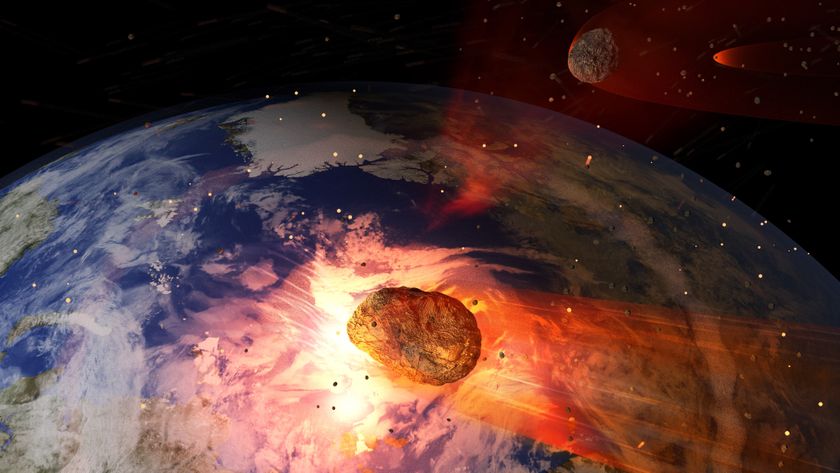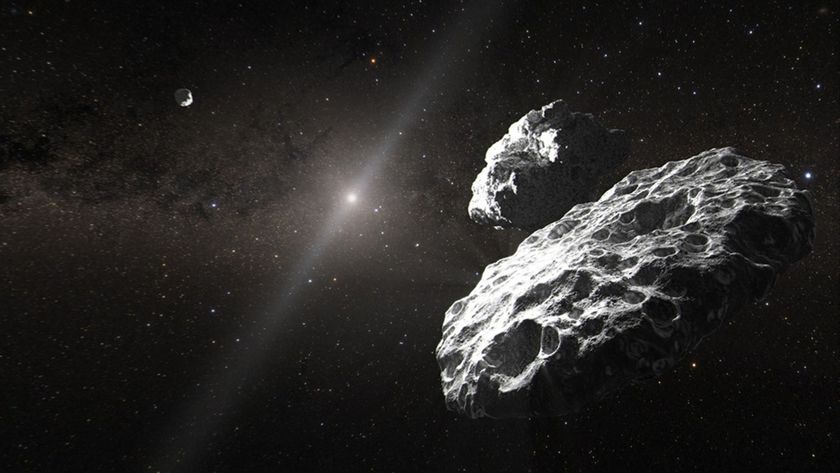How Would Humans Know If They Lived in a Multiverse?
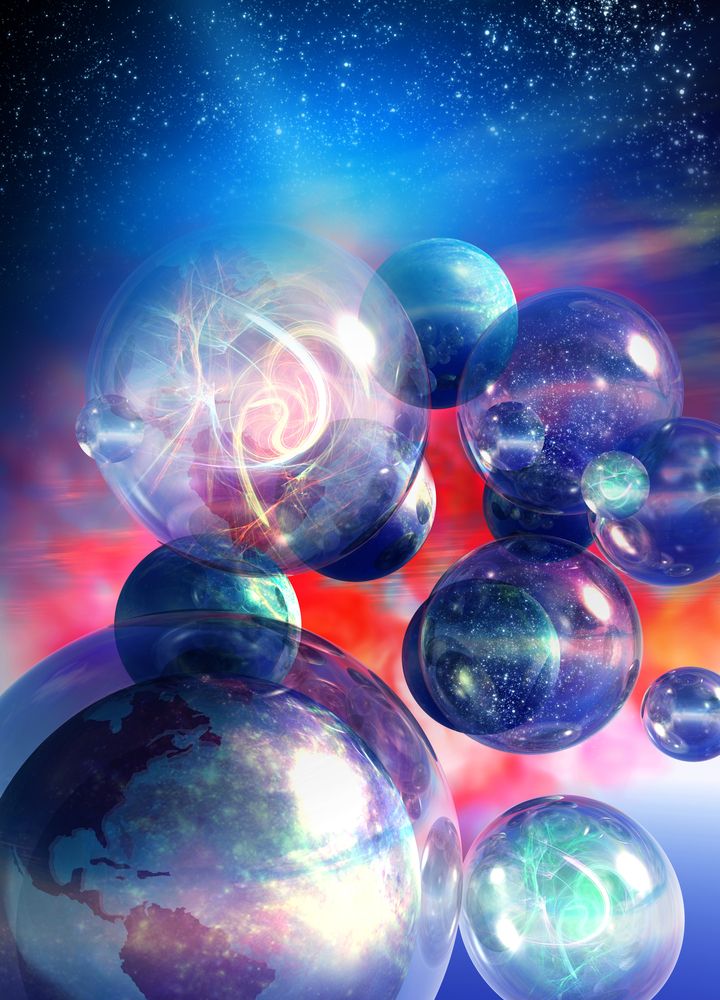
Some theories in physics give rise to the idea of multiple universes, where nearly identical versions of the known universe exist. But if such a multiverse does exist, how would people know, and what would it mean for humanity?
There may be ways to find out if the known universe is one of many, said Brian Greene, a theoretical physicist and author at Columbia University in New York.
"There are certain versions of the multiverse that, should they be correct, might be most susceptible to confirmation," Greene told Live Science. [5 Reasons We May Live in a Multiverse]
Spotting a multiverse
For example, in the multiverse suggested by string theory, a model that says the universe is composed of one-dimensional strings, the known universe might exist on a giant 3D membrane, Greene told Live Science.
In such a world, "if the universe is a loaf of bread, everything we know about takes place on one slice," he said. Conceivably, debris from collisions that migrated off our slice into the wider cosmos might leave missing energy signatures, which a particle accelerator like the Large Hadron Collider at CERN might be able to detect, Greene said.
Some theories of inflation, the notion that the universe expanded rapidly in the first fractions of a second after the Big Bang, suggest another kind of multiverse. The Big Bang could be one of many big bangs, each giving rise to its own universe — a cosmic bubble in a sea of other bubbles.
Sign up for the Live Science daily newsletter now
Get the world’s most fascinating discoveries delivered straight to your inbox.
In such a scenario, the known universe might collide with another one, which might leave an imprint on the cosmic microwave background, the radiation signature left over from the Big Bang, Greene said.
Greene stressed that all of these notions are highly speculative — "There's reason to take the ideas seriously, but they are far from science fact," he said.
Is free will dead?
But if a multiverse does exist, it could have some wacky consequences. A world with an infinite number of universes would virtually ensure that conditions in one universe would repeat in another, Greene said. In other words, there would almost certainly be another version of you reading this article, written by another version of me.
In such a multiverse, you might decide to read the article in one universe and not read it in another. What would that mean for the notion of free will?
Perhaps it's a moot point. "I think free will bit the dust long before multiverse theory," Greene said.
Scientific equations describe the particles that make up all matter, including humans, Greene said. While more-complex structures arise that have no relevance to a single particle — temperature, for instance — everything still has a "fundamental microphysical underpinning," he said.
That means free will is merely a human sensation, not actual control.
"When I move my teapot, that sensation is absolutely real," Green said. "But that's all it is. It's a sensation."
Maybe in another universe, there's a Brian Greene that believes in free will.
Follow Tanya Lewis on Twitter and Google+. Follow us @livescience, Facebook & Google+. Original article on Live Science.



